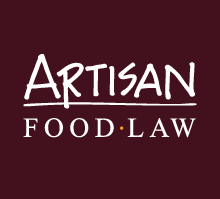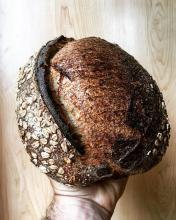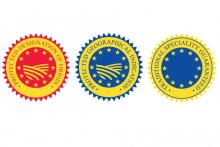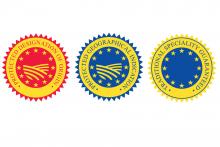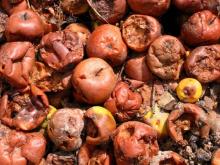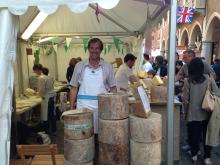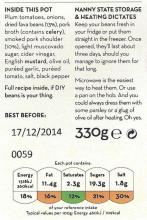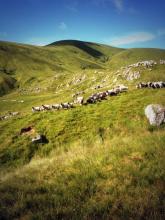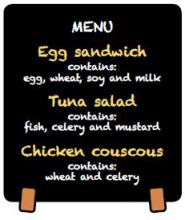Genuine sourdough bread comprises only three ingredients: flour, salt and water. Sourdough is not a trend or bandwagon to jump on, but the oldest traditional way of leavening dough, combining flour, salt and water to make delicious bread.
The Association of Bakery Ingredient Manufacturers, Federation of Bakers, Craft Bakers Association, The British Sandwich and Food To Go Association and Pizza, Pasta and Italian Food Association have come together and presented Defra with a proposed ‘UK Baking Industry Code of Practice for the Labelling of Sourdough Bread and Rolls’.
The purported aim of the Code is to “clarify the term and prevent misinformation when it is applied to products in the UK bakery market”. The reality, however, is quite different and represents a sourfaux or pseudough charter.
